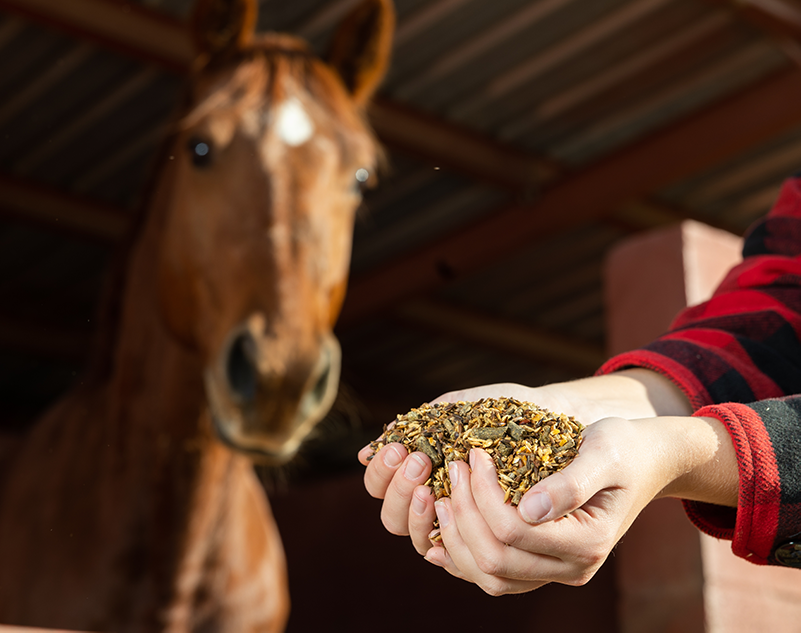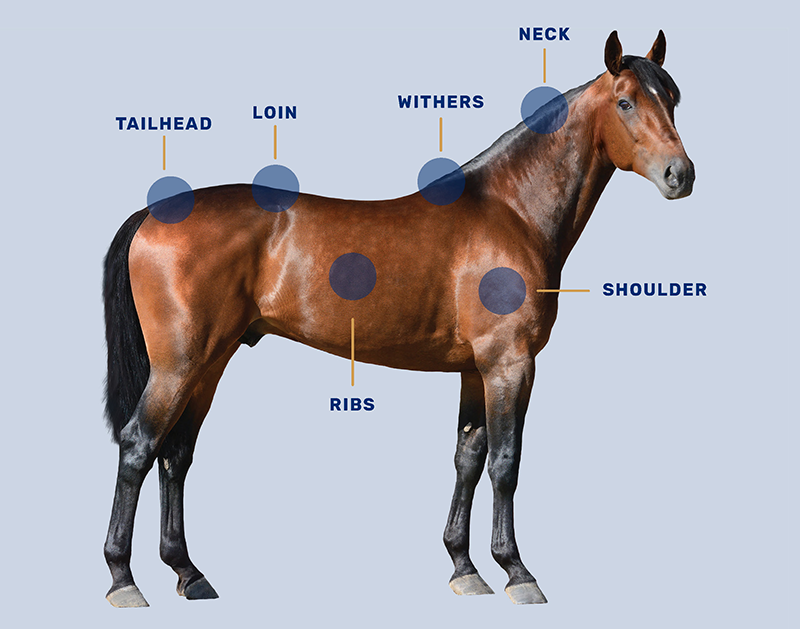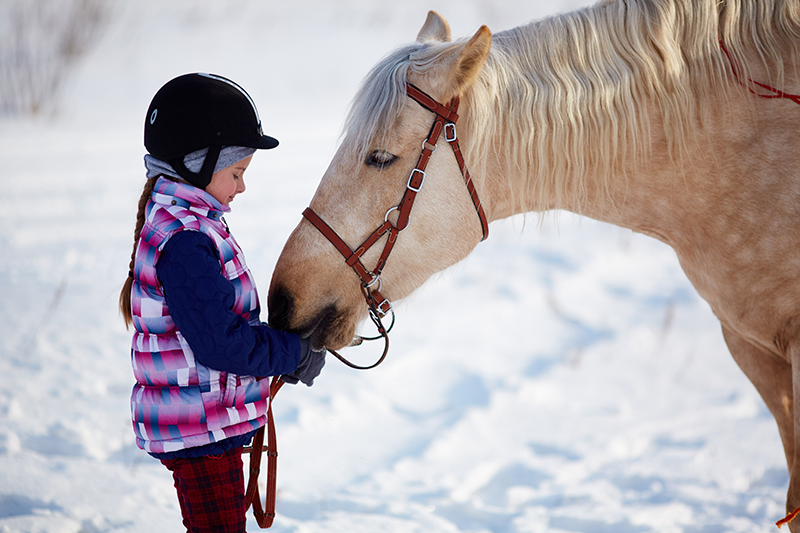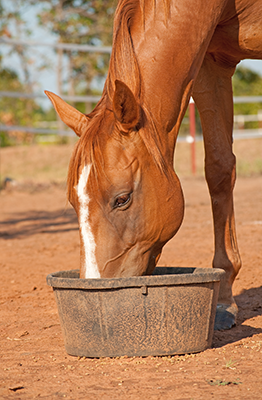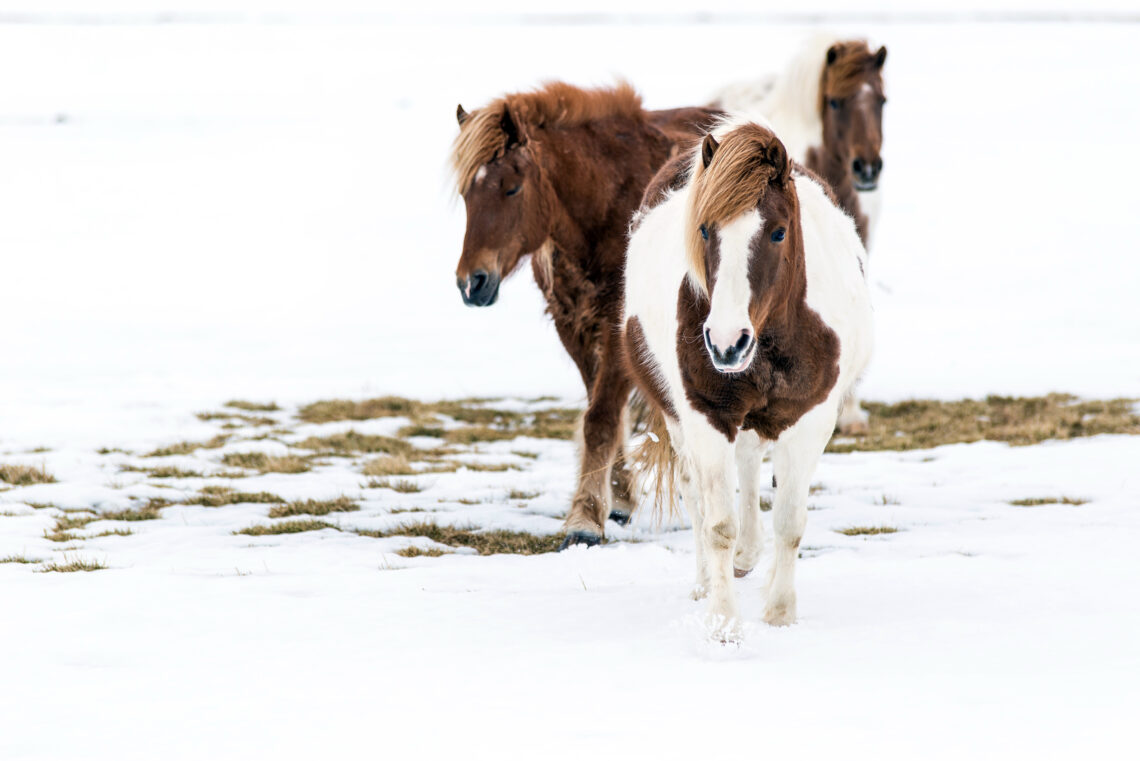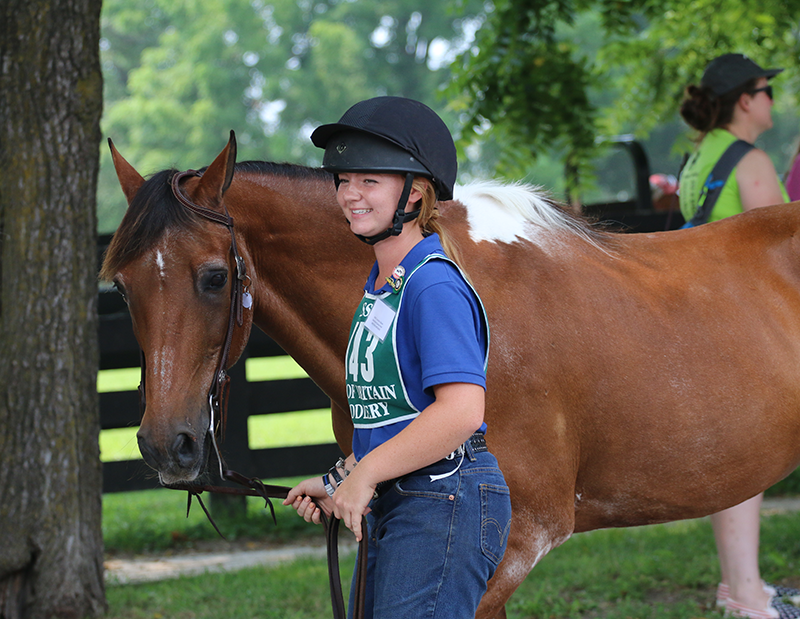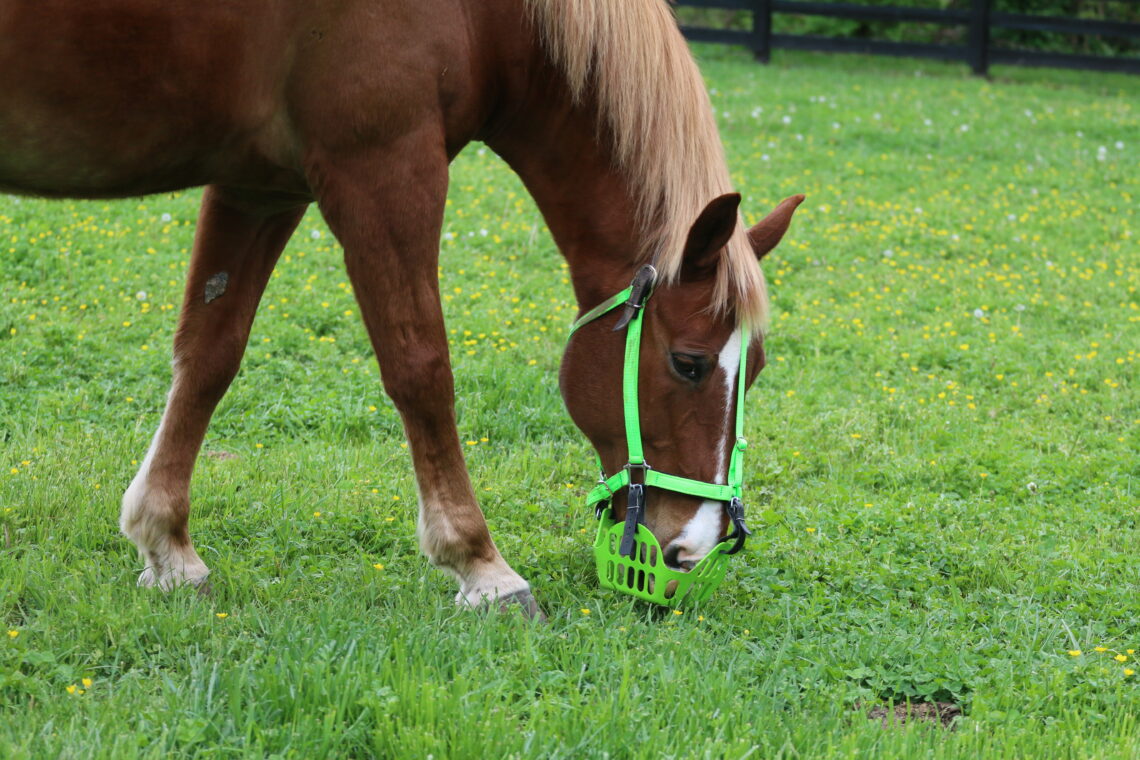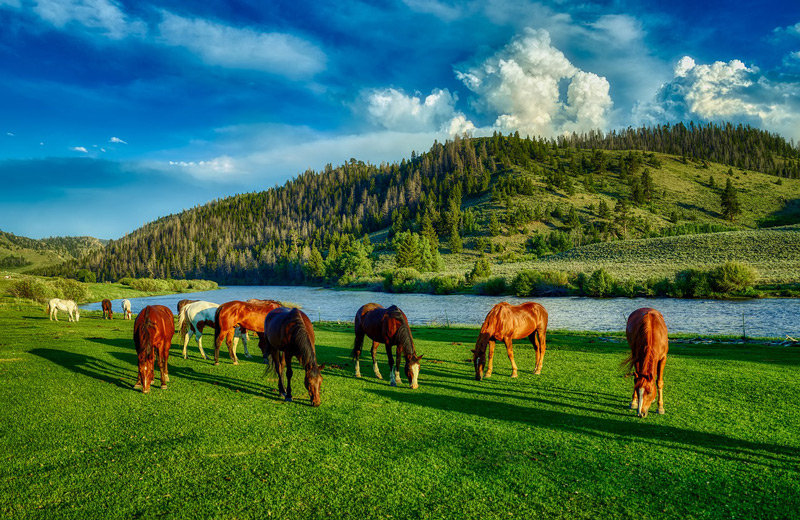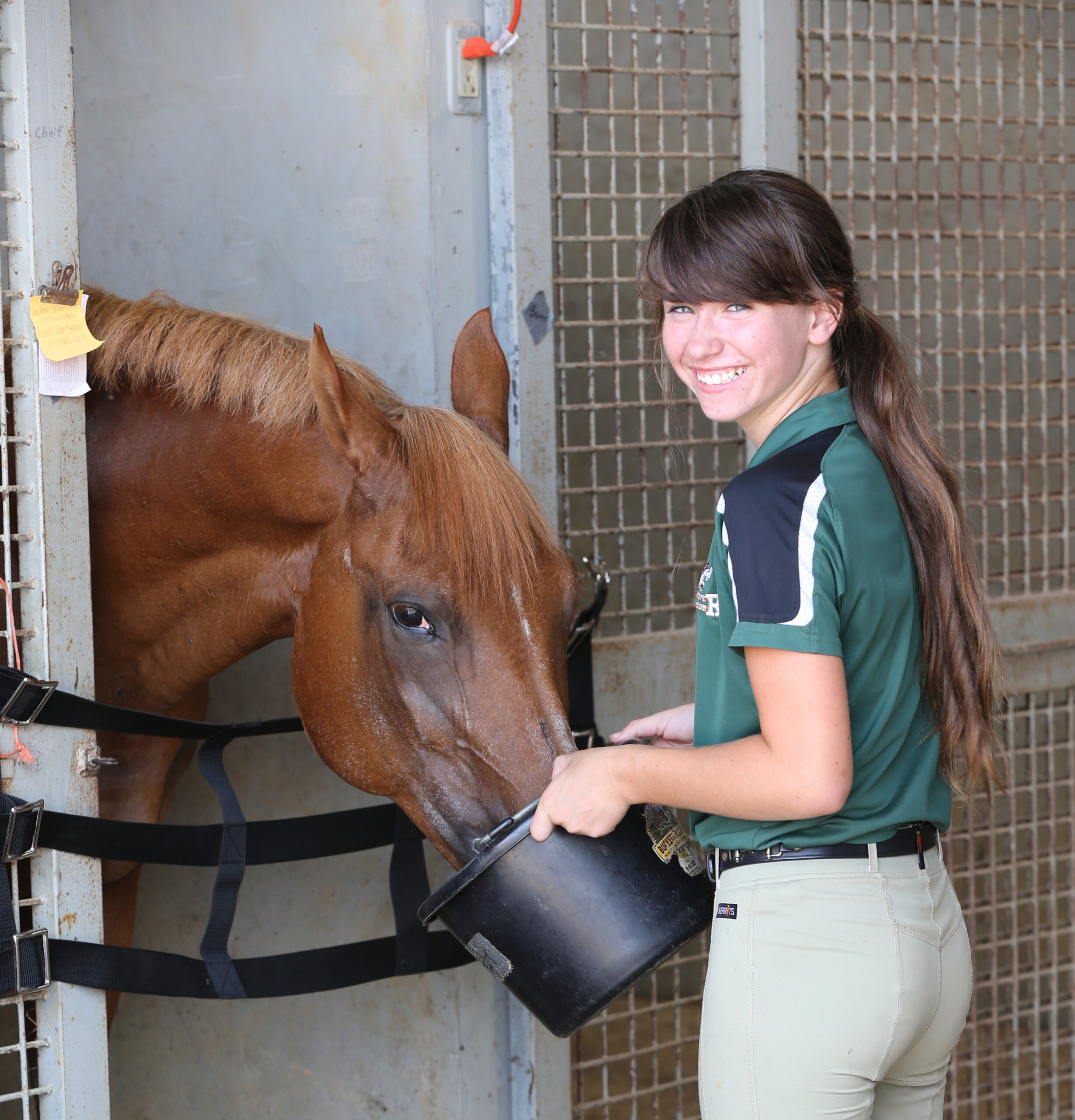-
How to Change Your Horse’s Nutrition to Suit Workload
Horses spend 10 to 17 hours grazing daily, and good horse management reflects a similar set-up. Horses should have access to forage (hay and grass) for most of the day. All forages, no matter how nice, are going to be deficient in some nutrients.
-
How to Score Your Horse’s Body Condition
Any time of year is a great time to body condition score your horses and ponies and evaluate if you should make any important diet and management changes so that your horse is as healthy and fit as he can be.
-
Nutrition for the Working Senior Horse
It’s no surprise that our horses are living longer and staying more active than ever before. The combination of progressive veterinary care, parasite control, improved dental management, and nutritionally advanced feeds have made it possible for many horses to live well into their 30s.
-
What Does a Feed Tag Tell You?
Selecting the right feed for your horse or pony is an important task to ensure they are getting the correct balance of nutrients for their specific needs. Check out these tips to help you understand feed tags.
-
How to Extend Your Horse’s Hay Supply and Forage Alternatives
Forage is a vital part of every horse's diet. It can be a bit harder to come by in the winter months, though. Learn some tips from the nutrition experts at Triple Crown about how to extend your hay supply and about forage alternatives during the winter.
-
Senior Horse Care Dos and Don’ts
Older horses require adjustments to their feeding program and special management as their needs change over time. It can be tricky to determine the right combination of feed and care for them, particularly if they have digestion challenges, poor teeth, or lameness issues. If you’re feeding a senior horse, you’ll want to avoid these common mistakes.
-
Feeding Recommendations for Metabolic Conditions
Advice from the experts at Triple Crown Feed to manage your horse's metabolic condition, including insulin resistance, Cushing's disease, and laminitis.
-
Keeping Horses Happy and Healthy with Spring Grass
Learn why allowing horses to graze on spring grass can be a problem and what to do about it.
-
Hay Alternatives & High Fiber Options
This summer’s drought has been devastating to our pastures, reducing hay crops and posing potentially serious horse care management challenges. In general, horses need to consume 1-2% of their body weight in hay every day. Poor pasture quality and quantity can mean fewer calories and nutrients in the hay being harvested, hay shortages and higher costs, so we need to be prepared with good quality fiber alternatives, especially when looking toward the winter months. Luckily, a variety of forage and high fiber options can help.
-
Feeding on the Go
Nutrition tips for stress-free travel with your horse.

